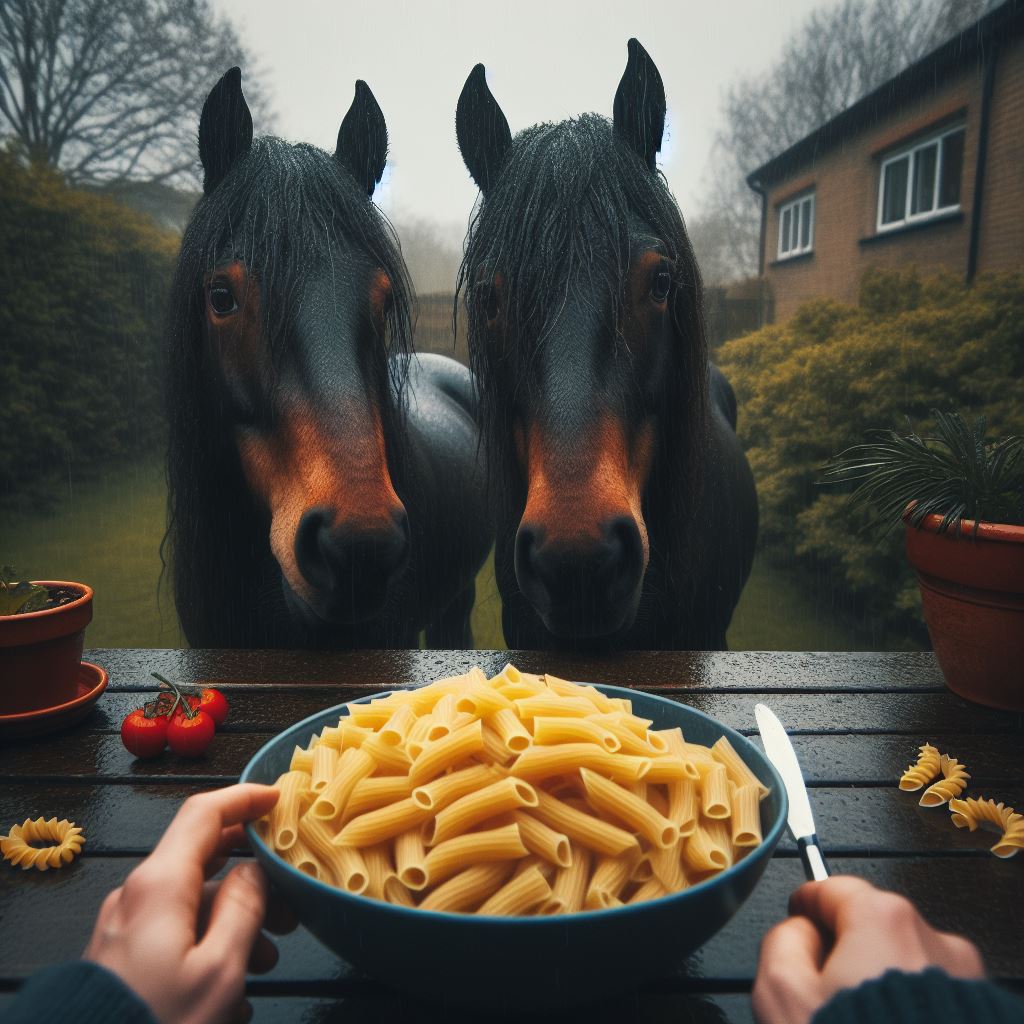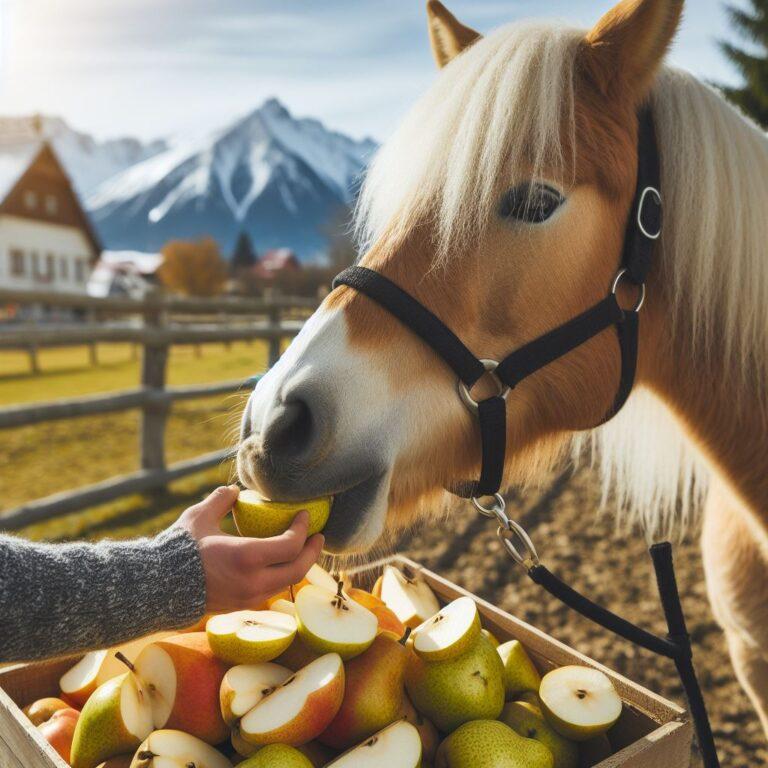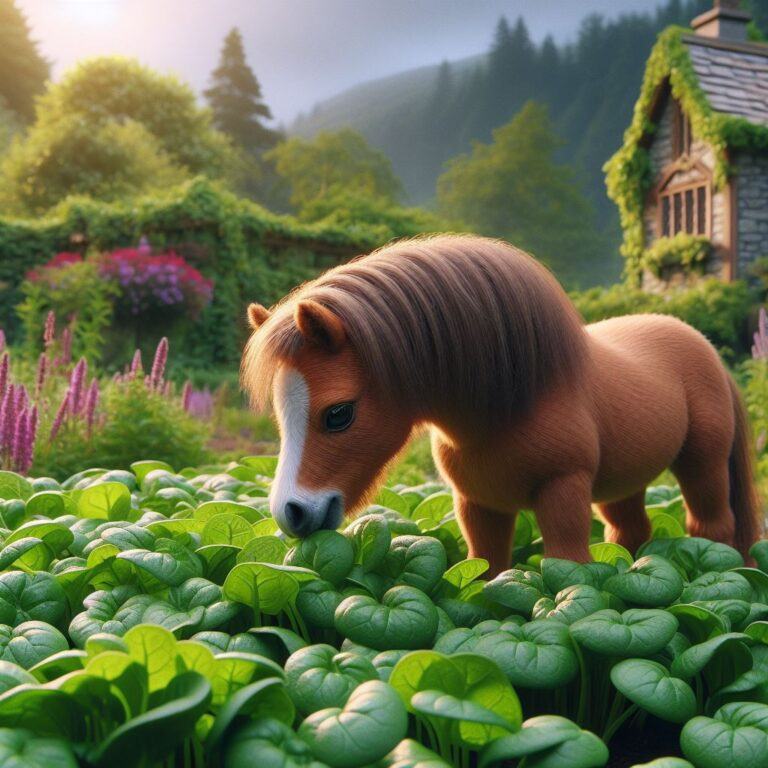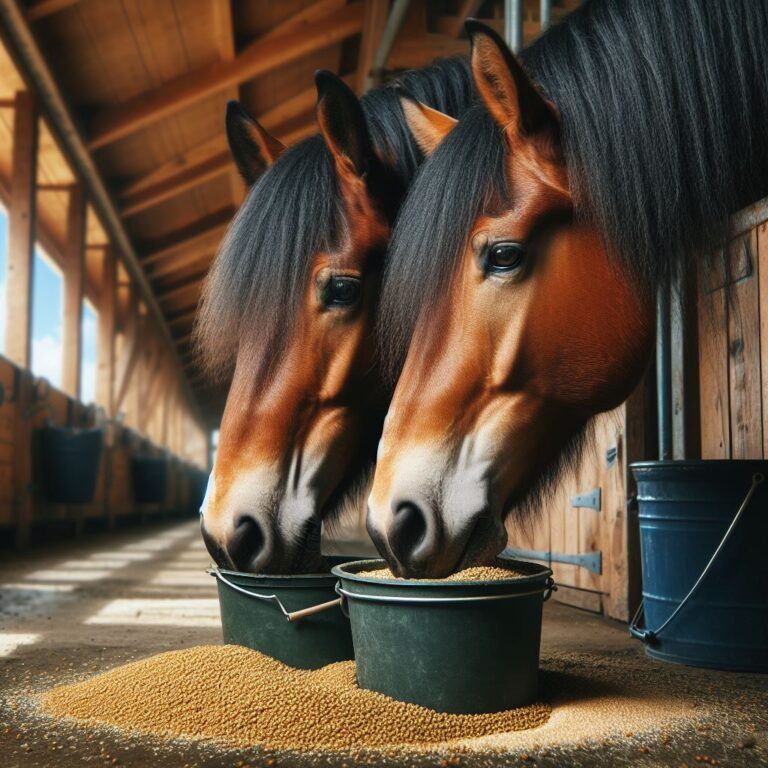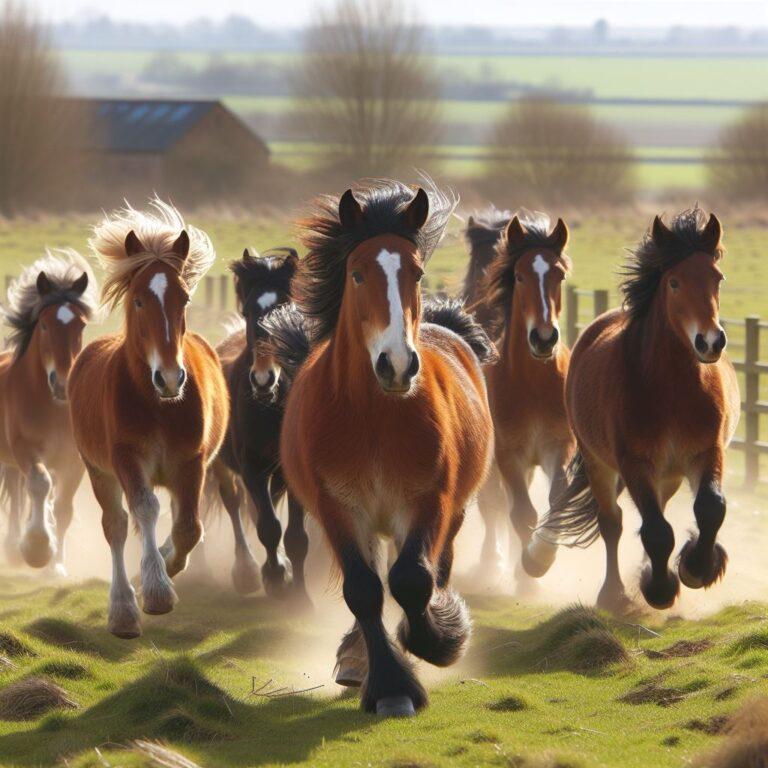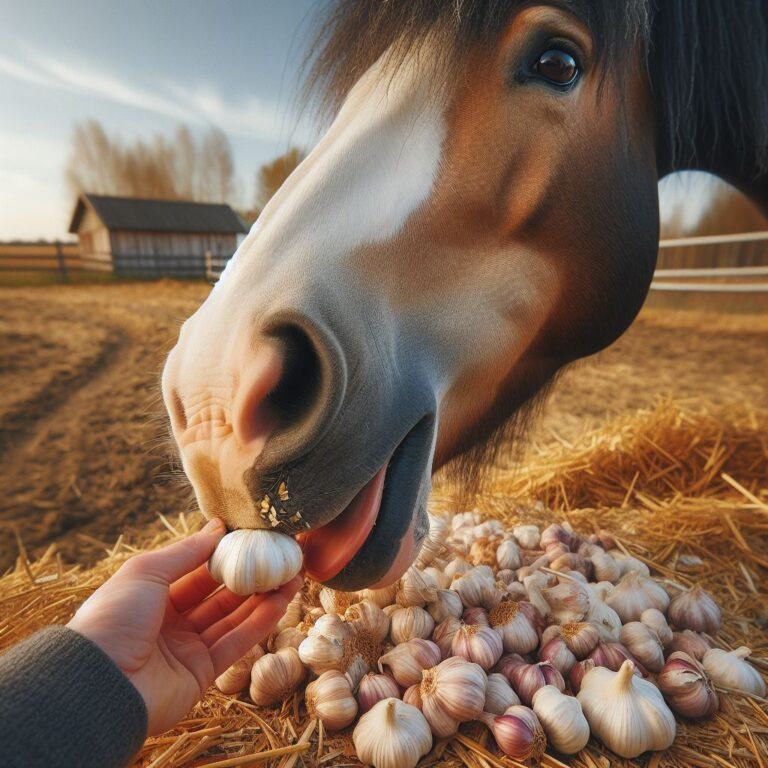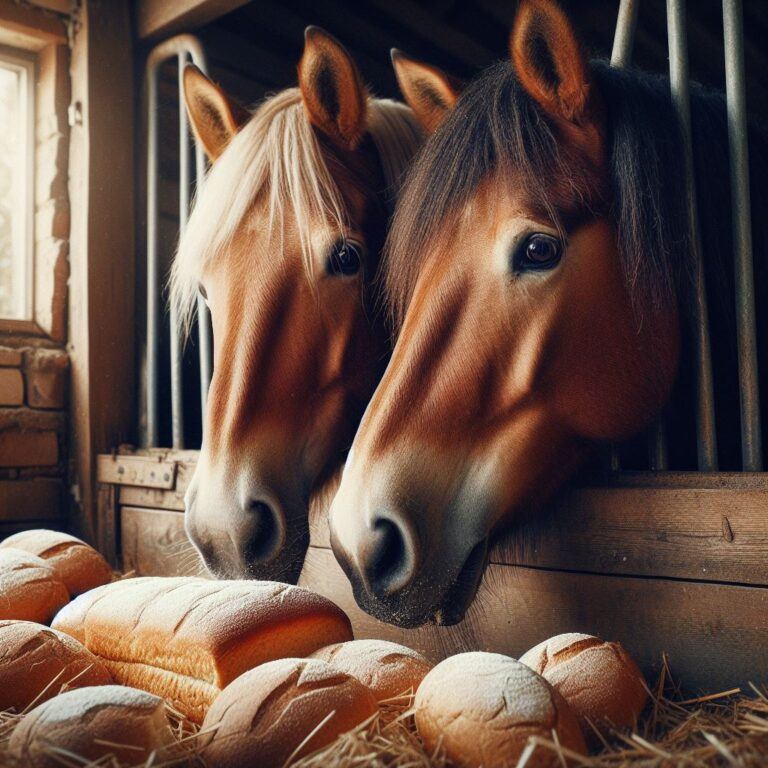Can Horses Safely Eat Uncooked Pasta
Horses should not eat uncooked pasta. While occasional small amounts aren’t likely to cause immediate harm, uncooked pasta isn’t suitable for horse consumption because it is a refined, starch-rich food that differs significantly from their natural diet.
Horses have evolved to process a diet rich in fibrous plants, not the processed grains and sugars found in pasta.
Uncooked starches can be difficult for horses to digest and may lead to digestive upsets. Regular consumption could even contribute to more serious health issues like colic or laminitis.
This is not to say horses wouldn’t eat uncooked pasta if given the chance, they often would, trust me!
But their liking for a particular food doesn’t necessarily mean it is actually healthy for them.
Horses’ digestive systems are not well-equipped to handle the refined ingredients and starches present in pasta as they are in natural forage like fresh grass and hay.
Understanding our Horse’s Digestive System
A horse’s digestive system is quite different from ours. It’s very sensitive and designed to process a specific type of diet, primarily, this diet consists of fibrous plants.
The horse’s gut has evolved to handle a continuous intake of high-fiber foods that are digested slowly over time.
This is one reason why their typical feed includes items like hay and grasses, which are rich in fiber and essential for maintaining their digestive health.
Now, fiber plays a crucial role in a horse’s diet, just as it does in human nutrition. However, the way horses digest fiber is unique.
Their large intestine houses beneficial bacteria that break down fibrous material into nutrients the body can absorb.
Without a diet high in fiber, these bacteria wouldn’t function properly, potentially leading to health issues as i mentioned before, like colic or laminitis.
Understanding this, it becomes clear why uncooked pasta isn’t ideal for horses. Foods like pasta are high in starches, which horses’ digestive systems are not designed to break down effectively, especially when uncooked.
Introducing large amounts of starch can upset the balance of the gut flora, leading to fermentation and gas, which may cause discomfort, bloating, or worse.
The key here is to remember that horses need a diet tailored to their digestive system.
Sticking to horse-appropriate treats not only ensures their physical well-being but also keeps their digestive flora balanced and able to function properly.
What’s on the Menu When Feeding Horses Safely
I understand if you’re eager to share your snacks with your horse’s, but their nutritional needs are quite different from ours.
Now, let’s be clear here, SAFE treats for horses typically include fruits and vegetables such as apples, carrots, green beans, bananas, and even watermalons, all chopped into appropriate sizes.
These foods are better suited to their digestive systems and reflect a more natural diet.
When introducing any new food to your horse’s diet, the key as I always preach, is MODERATION!
Start with small quantities and observe how your horse reacts over time. It’s not only about the type of food but also about how much and how often you’re feeding it.
These precautions prevent digestive upset and ensure that treats remain just that—a treat, not a staple of their diet.
If you’re ever uncertain about a food item, it’s wise to consult a veterinarian or a specialist horse nutritionist.
They will always provide guidance tailored to your horse’s specific health and dietary requirements.
Speaking of guidance, be vigilant for signs of digestive distress, such as changes in appetite, abdominal pain, or a decrease in fecal output. It’s much easier to prevent dietary mishaps than to treat them.
So, while uncooked pasta isn’t a recommended treat for horses, there are plenty of safe and delicious alternatives.
By understanding what’s best for your horse and sticking to it, you’ll ensure their health, happiness, and well-being for years to come.
Remember, the best treats are those that complement a horse’s diet without causing harm—keep it natural and keep it safe I always say!

